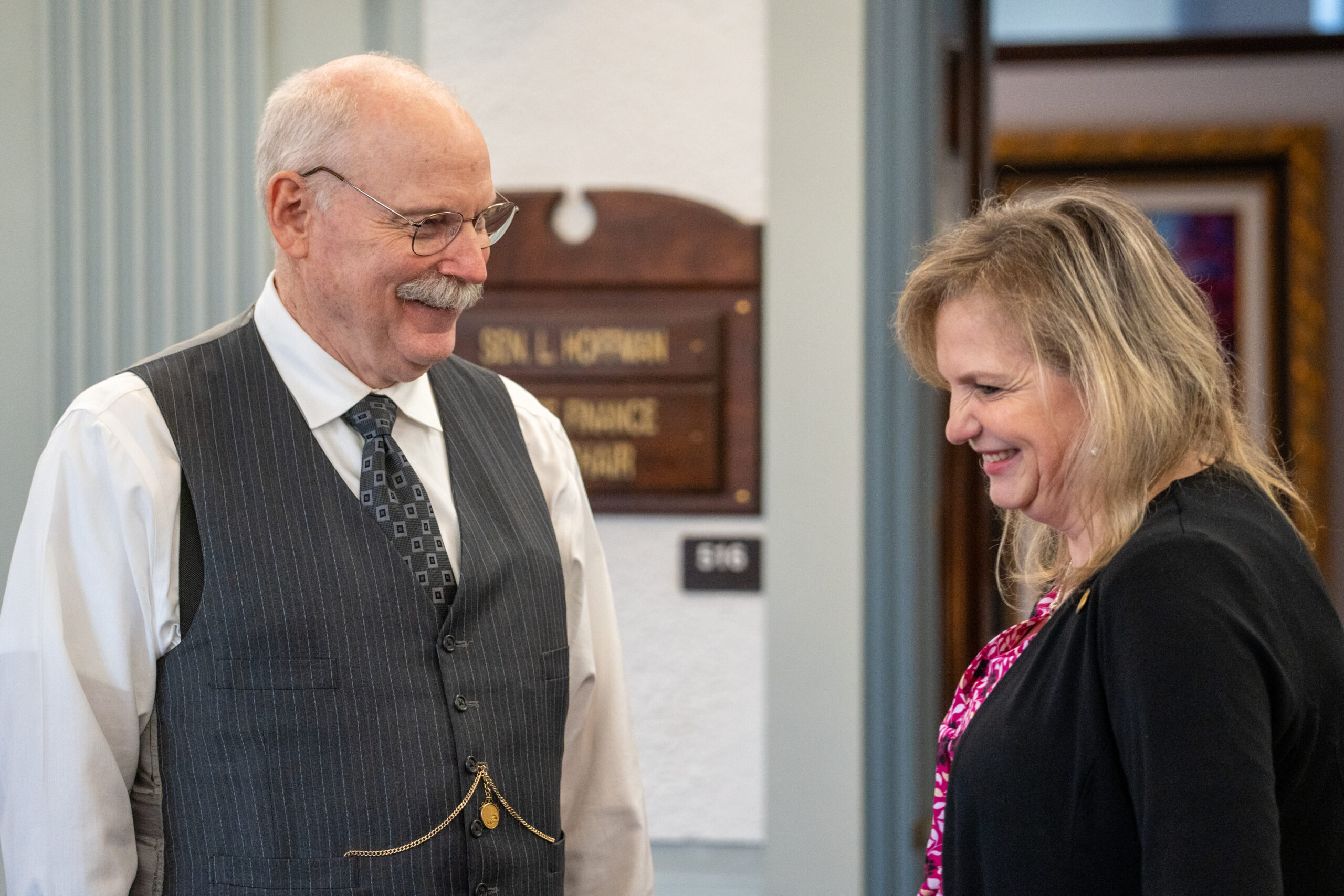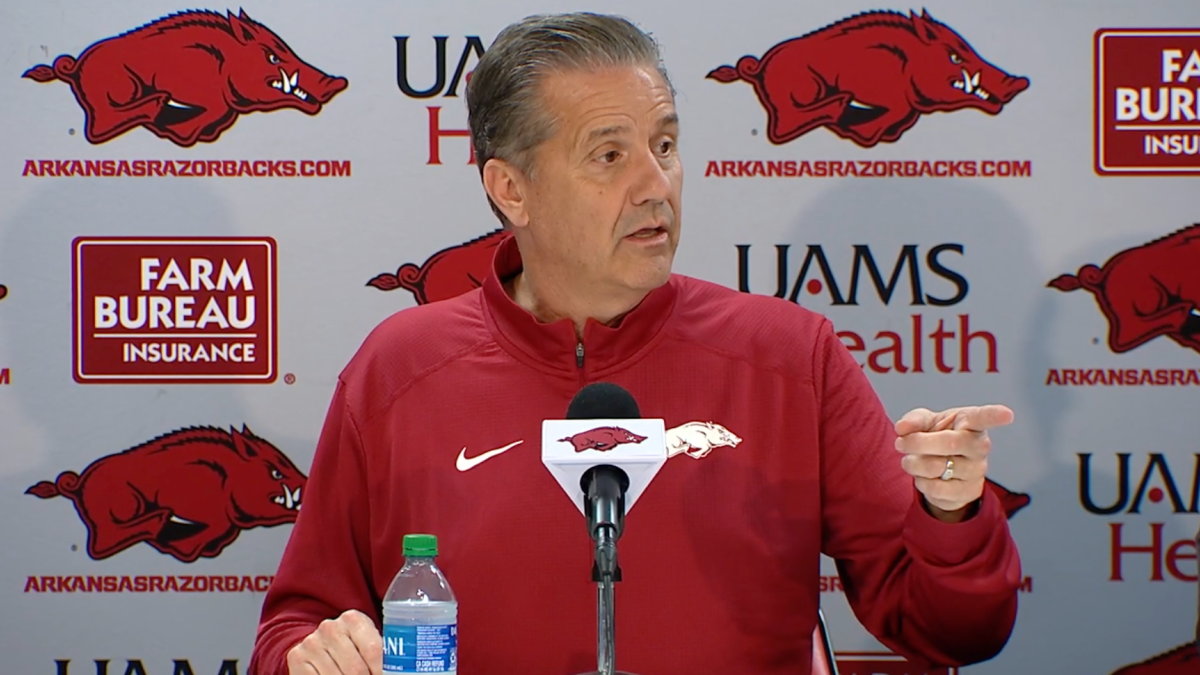World
Belgium lowers voting age to 16 for the European elections
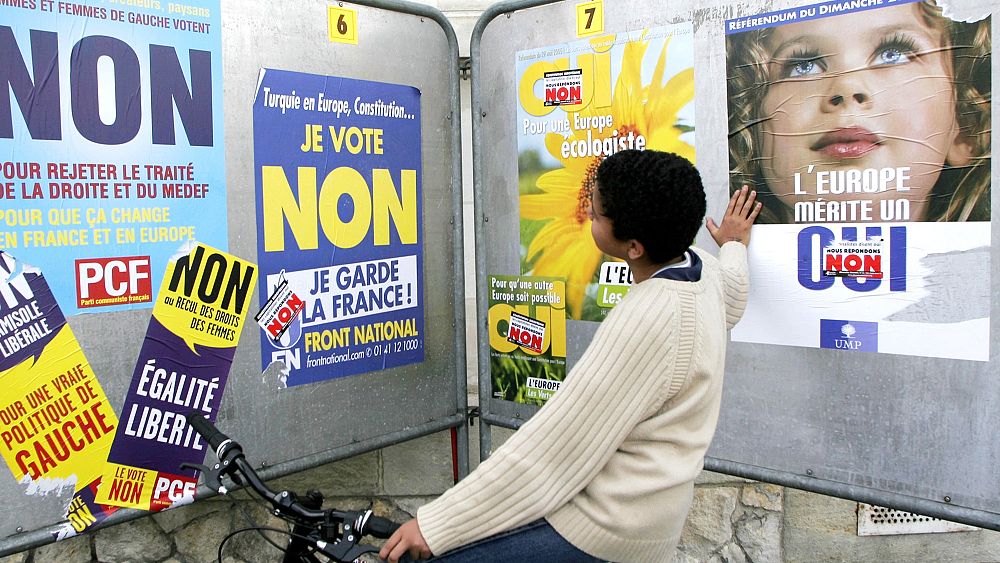
Belgium and Germany have joined Austria, Greece and Malta in allowing 16 and 17-year-old to vote in the European elections.
The 2024 European Parliament elections will have a new age group going to the polls in Belgium.
Teenagers will be taking time out of the classroom to cast their ballot and decide who should sit in the European Parliament for the next five years and co-legislate on various issues from the economy to climate change.
Lowering the age restrictions adds 270,000 young people in Belgium to the voting pool.
Lauren Mason, a policy and advocacy manager for the European Youth Forum believes this is a key step to youth engagement. She is delighted but feels even more needs to be done to make young people feel heard.
“If we need young people to feel truly engaged in our democracies that means having more young people in political parties, having more young people in positions of political power, and having young people’s opinions taken seriously in our politics,” said Mason.
Voting in Belgium is mandatory so 16 and 17-year-olds that register to vote will be obliged by law to follow through. The European Parliament hopes they will mobilise more than in the past.
“Young people voted less than average,” said Jaume Duch, the European Parliament spokesperson, adding that first-time voters aged 18 to 25 tend to vote less on average.
Euronews spoke to one Belgian schoolgoer who is excited for this opportunity. “I think it’s a really good idea because it means that we can actually change what we want to change. And so the matters that we find important, we can actually have a voice and so vote for parties or people that we think will carry these values,” said 16-year-old Alexis Macrae.
Previous EU elections show voter turnout among youth is dismally low. Now the goal is to change this tendency. And with the European election just one year away on the horizon, only time will tell if allowing teens to vote will help voter turnout.

World
The Boys Gets Early Season 5 Renewal

ad
World
Argentina reports its first single-digit inflation in 6 months as markets swoon and costs hit home
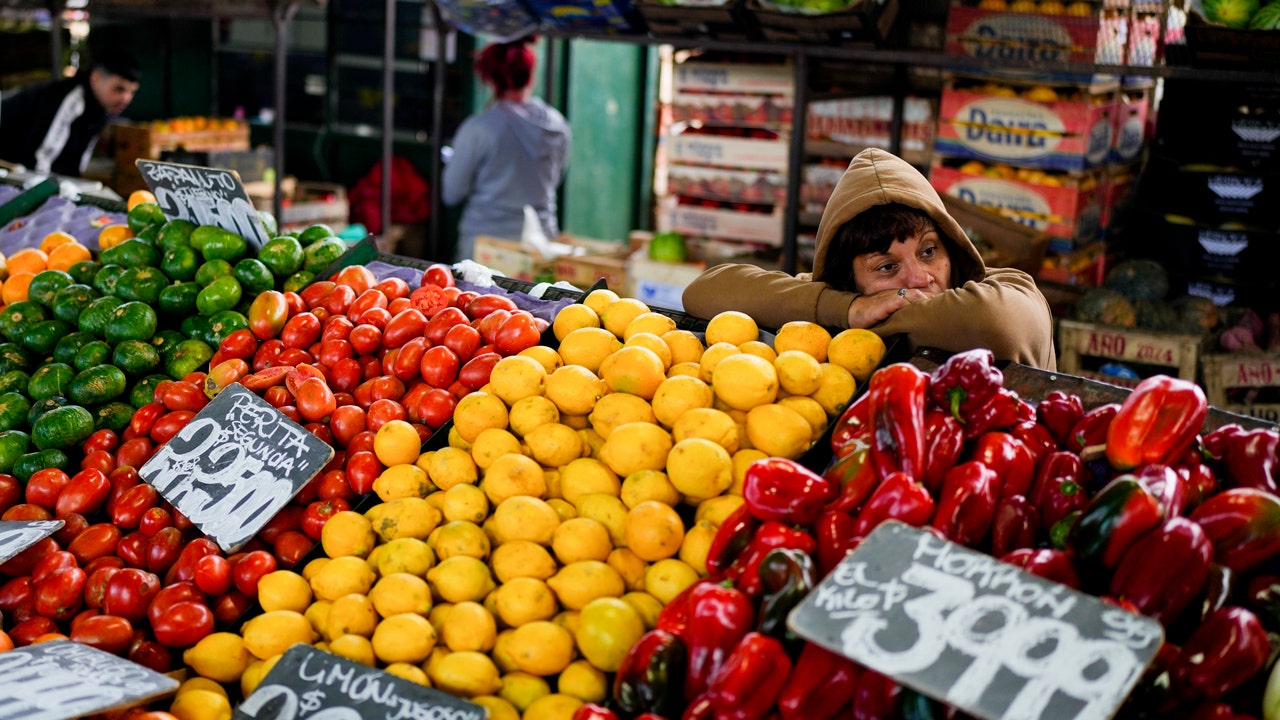
Argentina’s monthly inflation rate eased sharply to a single-digit rate in April for the first time in half a year, data released Tuesday showed, a closely watched indicator that bolsters President Javier Milei’s severe austerity program aimed at fixing the country’s troubled economy.
Prices rose at a rate of 8.8% last month, the Argentine government statistics agency reported, down from a monthly rate of 11% in March and well below a peak of 25% last December, when Milei became president with a mission to combat Argentina’s dizzying inflation, among the highest in the world.
ARGENTINA WILL GET NEXT INSTALLMENT OF BAILOUT AS IMF PRAISES MILEI’S AUSTERITY POLICIES
“Inflation is being pulverized,” Manuel Adorni, the presidential spokesperson, posted on social media platform X after the announcement. “Its death certificate is being signed.”
Although praised by the International Monetary Fund and cheered by market watchers, Milei’s cost-cutting and deregulation campaign has, at least in the short term, squeezed families whose money has plummeted in value while the cost of nearly everything has skyrocketed. Annual inflation, the statistics agency reported Tuesday, climbed slightly to 289.4%.
“People are in pain,” said 23-year-old Augustin Perez, a supermarket worker in the suburbs of Buenos Aires who said his rent had soared by 90% since Milei deregulated the real estate market and his electricity bill had nearly tripled since the government slashed subsidies. “They say things are getting better, but how? I don’t understand.”
A vendor waits for customers at the central market for fruit and vegetables in Buenos Aires, Argentina, Friday, May 10, 2024. (AP Photo/Natacha Pisarenko)
Milei’s social media feed in recent weeks has become a stream of good economic news: Argentine bonds posting some of the best gains among emerging markets, officials celebrating its first quarterly surplus since 2008 and the IMF announcing Monday it would release another $800 million loan — a symbolic vote of confidence in Milei’s overhaul.
“The important thing is to score goals now,” Milei said at an event Tuesday honoring former President Carlos Menem, a divisive figure whose success driving hyperinflation down to single digits through free-market policies Milei repeatedly references. “We are beating inflation.”
Even so, some experts warn that falling inflation isn’t necessarily an economic victory — rather the symptom of a painful recession. The IMF expects Argentina’s gross domestic product to shrink by 2.8% this year.
“You’ve had a massive collapse in private spending, which explains why consumption has dropped dramatically and why inflation is also falling,” said Monica de Bolle, a senior fellow at the Peterson Institute for International Economics who studies emerging markets. “People are worse off than they were before. That leads them to spend less.”
Signs of an economic slowdown are everywhere in Buenos Aires — the lines snaking outside discounted groceries, the empty seats in the city’s typically booming restaurants, the growing strikes and protests.
At an open-air market in the capital’s Liniers neighborhood, Lidia Pacheco makes a beeline for the garbage dump. Several times a week, the 45-year-old mother of four rummages through the pungent pile to salvage the tomatoes with the least mold.
“This place saves me,” Pacheco said. Sky-high prices have forced her to stick to worn-out clothes and shoes and change her diet to the point of giving up yerba mate, Argentina’s ubiquitous national drink brewed from bitter leaves. “Whatever I earn from selling clothes goes to eating,” she said.
Argentina’s retail sales in the first quarter of 2024 fell nearly 20% compared to the year before, a clip comparable to that of the 2020 pandemic lockdowns. The consumption of beef — an Argentine classic — dropped to its lowest level in three decades this quarter, the government reported, prompting panicked editorials about a crisis in Argentina’s national psyche.
“Now I buy pork and chicken instead,” said Leonardo Buono, 51-year-old hospital worker. “It’s an intense shock, this economic adjustment.”
Milei, a self-proclaimed “anarcho-capitalist” and former TV personality, warned his policies would hurt at first.
He campaigned brandishing a chainsaw to symbolize all the cutting he would do to Argentina’s bloated state, a dramatic change from successive left-leaning Peronist governments that ran vast budget deficits financed by printing money.
Promising the pain would pay off, he slashed spending on everything from construction and cultural centers to education and energy subsidies, from soup kitchens and social programs to pensions and public companies. He has also devalued the Argentine peso by 54%, helping close the chasm between the peso’s official and black-market exchange rates but also fueling inflation.
Inflation in the first four months of 2024 surged by 65%, the government statistics agency reported Tuesday. Prices in shops and restaurants have reached levels similar to those in the U.S. and Europe.
But Argentine wages have remained stagnant or declined, with the monthly minimum wage for regulated workers just $264 as of this month, with workers in the informal economy often paid less.
Today that sum can buy scarcely more than a few nice meals at Don Julio, a famous Buenos Aires steakhouse. Nearly 60% of the country’s 46 million people now live in poverty, a 20-year high, according to a study in January by Argentina’s Catholic University.
Even as discontent appears to rise, the president’s approval ratings have remained high, around 50%, according to a survey this month by Argentine consulting firm Circuitos — possibly a result of Milei’s success blaming his predecessors for the crisis.
“It’s not his fault, it’s the Peronists who ruined the country, and Milei is trying to do his best,” said Rainer Silva, a Venezuelan taxi driver who fled his own country’s economic collapse for Argentina five years ago. “He’s like Trump, everyone’s against him.”
Argentina’s powerful trade unions and leftist political parties have pushed back against Milei with weekly street protests, but haven’t managed to galvanize a broad swath of society.
That could change — last week, a massive protest against budget cuts to public universities visibly hit a nerve, drawing hundreds of thousands of people.
“The current situation is completely unsustainable,” said de Bolle, the economy expert.
World
Co-leader of Germany's far-right AfD party fined for using Nazi slogan
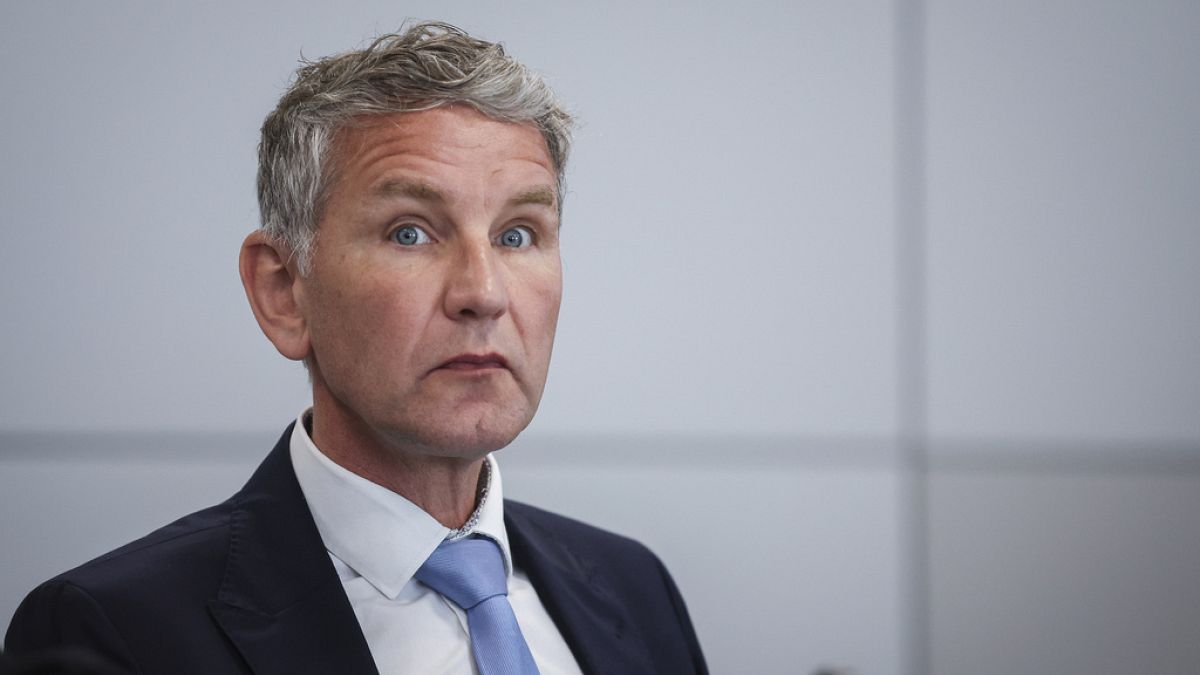
The case involved Björn Höcke’s use of “Everything for Germany!” in a 2021 speech. While prosecutors said he knew it was originally a Nazi slogan, Höcke claimed it was an “everyday saying”.
Björn Höcke, who is one of the best-known figures in the far-right Alternative for Germany party, has been fined for using a Nazi slogan in a speech.
The verdict on Tuesday in his trial comes months before a regional election in the eastern state of Thuringia in which he plans to run for the governor’s job.
The state court in the eastern city of Halle convicted Höcke of using symbols of an unconstitutional organisation, German news agency dpa reported. It imposed a fine of 13,000 euros.
The charge can carry a maximum sentence of three years in prison. Prosecutors had sought a six-month suspended sentence, whilst his defence lawyers argued for acquittal.
The case centred on a speech in Merseburg in May 2021 in which Höcke used the phrase “Everything for Germany!” Prosecutors contended he was aware of its origin as a slogan of the Nazis’ SA stormtroopers, but Höcke has argued that it is an “everyday saying.”
He testified at the trial that he is “completely innocent.” The former history teacher described himself as a “law-abiding citizen.”
The 52-year-old Höcke is an influential figure on the hard right of the AfD. He has led its regional branch in Thuringia since 2013, the year the party was founded, and is due to lead its campaign in a state election set for September 1.
He once called the Holocaust memorial in Berlin a “monument of shame” and called for Germany to perform a “180-degree turn” in how it remembers its past. A party tribunal in 2018 rejected a bid to have him expelled.
Prosecutor Benedikt Bernzen argued in Tuesday’s closing arguments that Höcke had used Nazi vocabulary “strategically and systematically” in the past.
Höcke accused prosecutors of not looking for exonerating circumstances and argued that freedom of opinion is limited in Germany.
-

 Politics1 week ago
Politics1 week agoHouse Dems seeking re-election seemingly reverse course, call on Biden to 'bring order to the southern border'
-

 World1 week ago
World1 week agoSpain and Argentina trade jibes in row before visit by President Milei
-

 Politics1 week ago
Politics1 week agoFetterman says anti-Israel campus protests ‘working against peace' in Middle East, not putting hostages first
-

 World1 week ago
World1 week agoGerman socialist candidate attacked before EU elections
-

 News1 week ago
News1 week agoUS man diagnosed with brain damage after allegedly being pushed into lake
-

 World1 week ago
World1 week agoGaza ceasefire talks at crucial stage as Hamas delegation leaves Cairo
-

 Politics1 week ago
Politics1 week agoRepublicans believe college campus chaos works in their favor
-

 Politics1 week ago
Politics1 week agoConservative beer brand plans 'Frat Boy Summer' event celebrating college students who defended American flag






